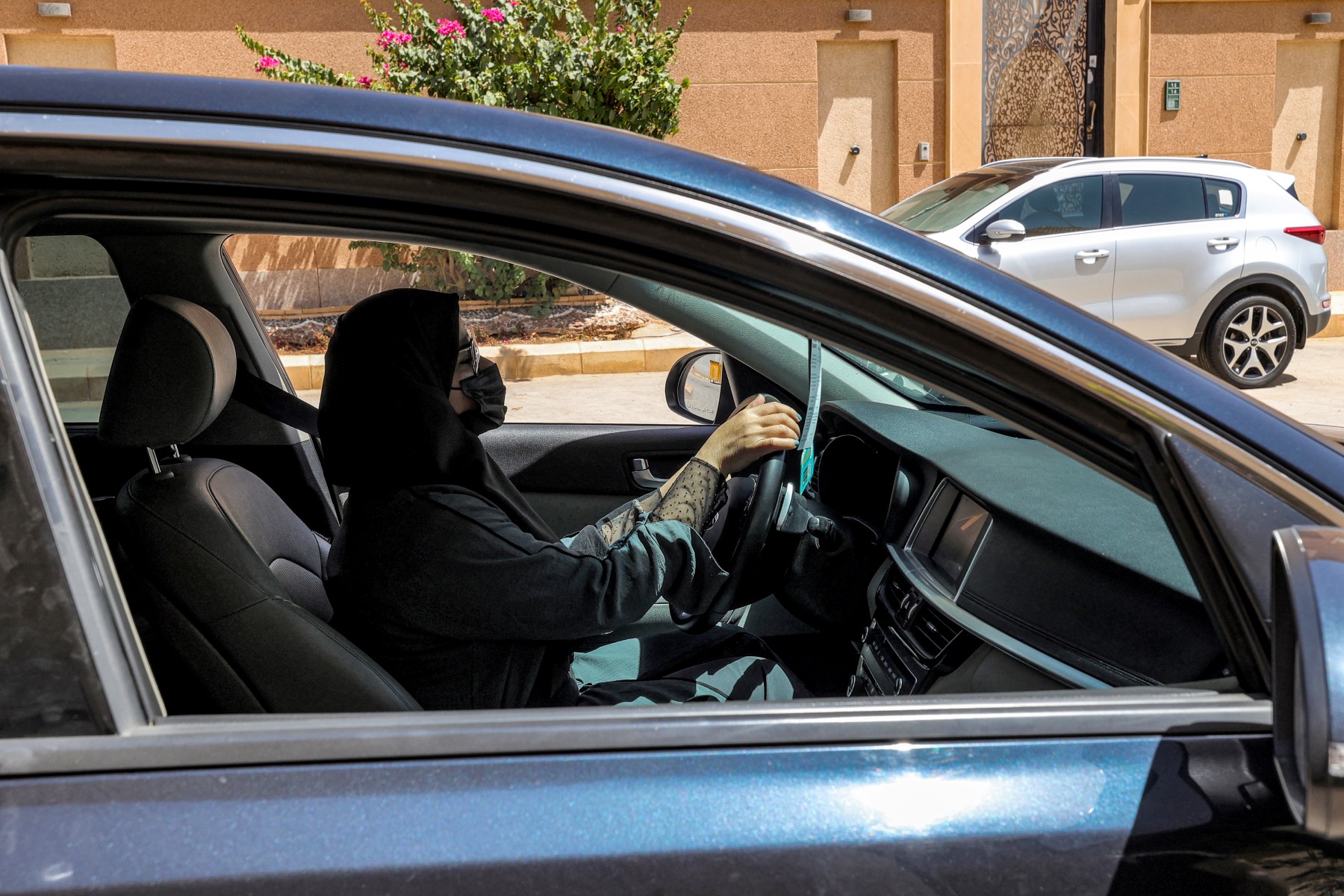Riyadh, Saudi Arabia– It has been five years since Jawhara al-Wabili became one of Saudi Arabia’s first women drivers – a reform she saw as revolutionary.
“I drove as soon as it was authorised,” the 55-year-old from the central city of Buraidah proudly told AFP, recalling a milestone that drew global attention to sweeping social changes fast-tracked by Crown Prince Mohammed bin Salman.
Wabili has gone on to give free driving lessons to other women, sharing a skill she views as essential in a country sorely lacking in public transportation.
It is just one example, she says, of how women’s rights have blossomed in recent years, allowing them to become ambassadors, bank directors, university administrators and even astronauts. Saudi scientist Rayyanah Barnawi took part in a mission to the International Space Station just this past May.
The changes can also be felt in daily life, especially now that the religious police have been sidelined and rules requiring gender segregation in public and the wearing of abaya robes have been scrapped.
Their ranks include some of the very women who led the campaign for driving licences.
Saudi officials try to keep the spotlight on the progress women have made, seeking to recast their long-closed-off country, known primarily for being the world’s biggest crude exporter, as open for business and tourists.
At events like the World Economic Forum in Davos, they tout the fact that the proportion of Saudi women in the workforce has more than doubled since 2016, from 17 percent to 37 percent.
“After the driving decision, we saw that all policies that followed have challenged the traditional role of women in the Saudi society, which gave her only one role to play — raising children,” said Najah Alotaibi, a Saudi analyst based in London.
The new reality strikes visitors from the moment they get off the plane and, in many cases, have their passports stamped by smiling, English-speaking female customs agents.
As they move around the country, they encounter women driving for Uber, working as mechanics and even conducting a high-speed train that ferries pilgrims to Mecca, the holiest city in Islam.








